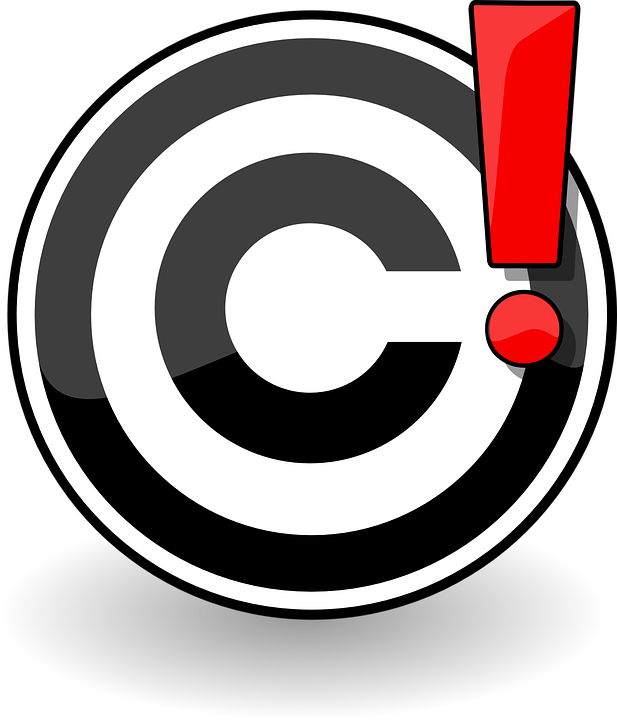Trademarks, patents and copyrights are all types of intellectual property rights. They provide for the exclusive right to use and profit from the intellectual property. An owner may sell these rights or license them to other parties.
With the advancement of technology, violation of IP rights can be seen as easy and anonymous. Therefore, it’s crucial for businesses and individuals to protect their intellectual property and avoid its infringement in order to commercialize it freely.
Here are a few measures businesses can take against violation of IP rights:
Cease and Desist Letter
A cease and desist letter is letter sent to a potentially infringing party that formally urges the recipient to immediately cease any action that is harming your rights. A cease and desist letter can be used for cases where your fundamental, property or IP rights are being dishonoured.
From asserting the ownership of your copyright to preventing an inappropriate use of your trademark, a cease and desist letter is a good way of establishing a paper trail. This letter can also include the warning of a legal action. A cease and desist letter for copyright infringement must include:
- Details of the work used without obtaining the required licenses.
- The type of IP infringed
- The penalties for violation of IP rights
Your IP lawyer can help you draft an appropriate letter.
Notice and Notice Regime
The Notice and Notice regime is a provision of the Copyright Modernization Act, 2012. This regime is considered quite similar to the DMCA (Digital Millennium Copyright Act) takedown notice, in its essence.
A Notice and Notice Regime is established to discourage the practices of copyright infringement on the internet. This rule serves as a formal notice to publishers that urges them to take down material from their website that violates an original copyright.
A Notice and Notice regime doesn’t necessarily mean the Internet address owner is being sued for infringement. This notice serves as a warning to the publishers about their involvement in broadcasting work that is allegedly copyright protected.
An issued regime must include the following information:
- Name and other details of the claimant
- The copyrighted material that has been used
- The place where the material has been used
- The date and time when the material was published
- The type of infringement that is suspected.
Civil Injunction
A civil injunction is a legal order that is used to halt an ongoing practice or activity. Injunctions may be necessary in the case of patent, trademark or copyright infringement to prevent others from benefiting illegally from your IP. To administer an injunction, your lawyer needs to obtain a signed order from a judge. Injunctions are only provided under certain circumstances.
IP Litigation
Filing a lawsuit can become necessary if cease and desist letters and other notifications are ignored. To file for an IP lawsuit, it’s necessary to have proper standing. Each of the Patent Act, Trademarks Act and Copyright Act discuss who can be named as a party in a lawsuit.
As soon as you observe a violation of your IP rights, consult an experienced law firm. An effective IP litigation can end an apparent infringement but also remunerates you for the damages caused.

